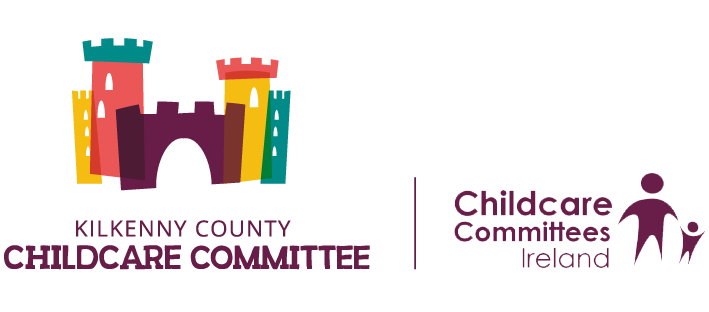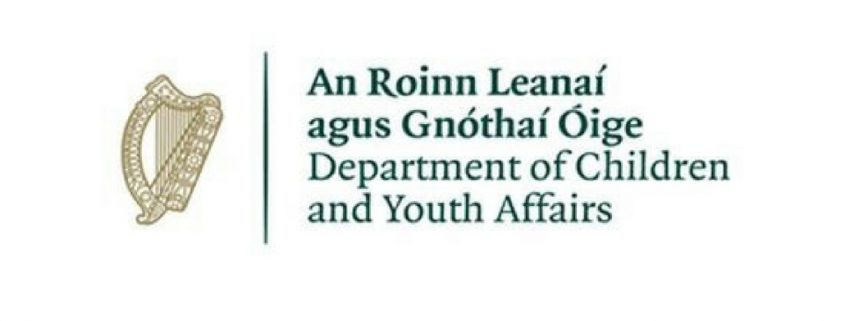Minister O’Gorman announces the publication of a ‘Focused Policy Assessment’ of the ECCE Higher Capitation Payment
Minister O’Gorman announces the publication of a ‘Focused Policy Assessment’ of the ECCE Higher Capitation Payment
From Department of Children and Youth Affairs
Published at:
Last updated
The Minister for Minister for Children, Disability, Equality and Integration, Roderic O’Gorman T.D., today published a ‘Focused Policy Assessment’ of the Early Childhood Care and Education (ECCE) ‘Higher Capitation’ payment.
The report shows that the introduction of the Higher Capitation payment, which provides increased funding for services with a graduate workforce, has contributed to a rise in the number of practitioners with a degree level qualification. A quarter of early learning and care practitioners now have a degree in a relevant subject.
The payment, which has been offered to services since 2010, provides an additional €11.25 per child per week to ECCE-registered services who provide graduate-led programme sessions.
The report shows that ‘Higher Capitation’ payments have increased to €23.7 million during the 2018/19 preschool year. Meanwhile, the proportion of ECCE services availing of the ‘Higher Capitation’ payment rose from 20% of services in 2013 to 53% in 2019. The proportion of graduates at NFQ Levels 7 (or above) has risen from 13% at the end of 2013 to almost 25% by May 2019. Announcing the publication of the report, Minister O’Gorman said:
‘Since its introduction in 2010, the higher capitation payment, as part of the ECCE programme, has been an important incentive, leading to a significant increase in the number of early learning and care practitioners holding degree-level qualifications.’
The payment is a key policy lever that encourages services providing the ECCE Programme to hire experienced graduates as Room Leaders, and aims, thereby, to raise the quality of provision in the early learning and childcare sector. The report points to the importance of incentivising more early learning and care graduates to join, and remain in, the sector. This is an important finding as the Government implements the ‘First 5’ Government Strategy for Babies, Young Children and their Families (2019-2028) and finalises the ‘Workforce Development Plan for the Early Learning and Care and School-aged childcare sector’.
In terms of wider future policy direction, a key goal of First 5 is to build a graduate-led workforce over the coming decade. As part of this, the DCYA aims for 30% of practitioners to hold a relevant degree by 2021, and 50% by 2028. To achieve this, a Workforce Development Plan was initiated in May 2019, led by a Steering Group and supported by a Stakeholder Group with representatives from across the sector.
The Workforce Development Plan will set out plans to raise the profile of careers in the sector, establish role profiles, career pathways, qualifications requirements, and associated policy mechanisms along with leadership development opportunities, and work towards a more gender-balanced and diverse workforce.
As part of this process, both the Steering Group and the Stakeholder Group will consider policy tools – including building on the learning from this FPA on the Higher Capitation payment – to achieve a graduate-led workforce. Additionally, as part of the Workforce Development Plan, a consultation process will take place this autumn to ensure that everyone in the sector can have their voice heard as the future of the workforce is shaped.
The published Focused Policy Assessment report and summary document are available here




